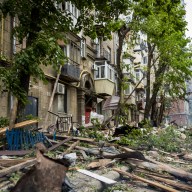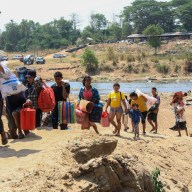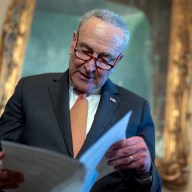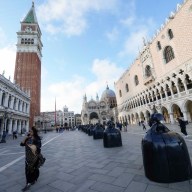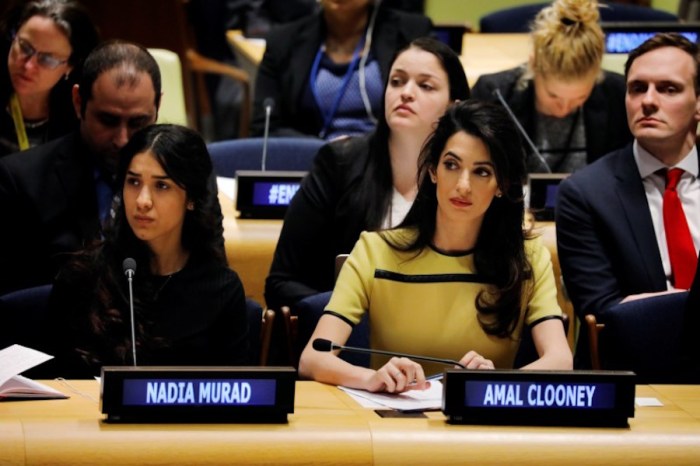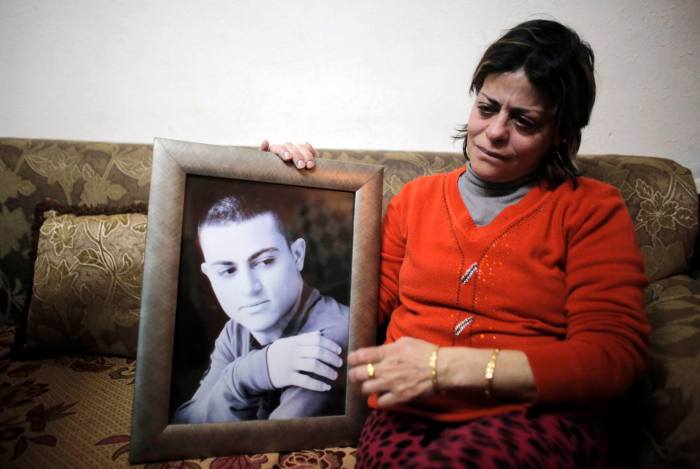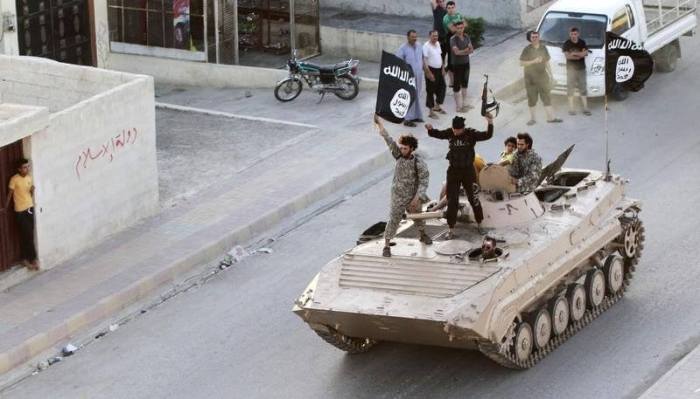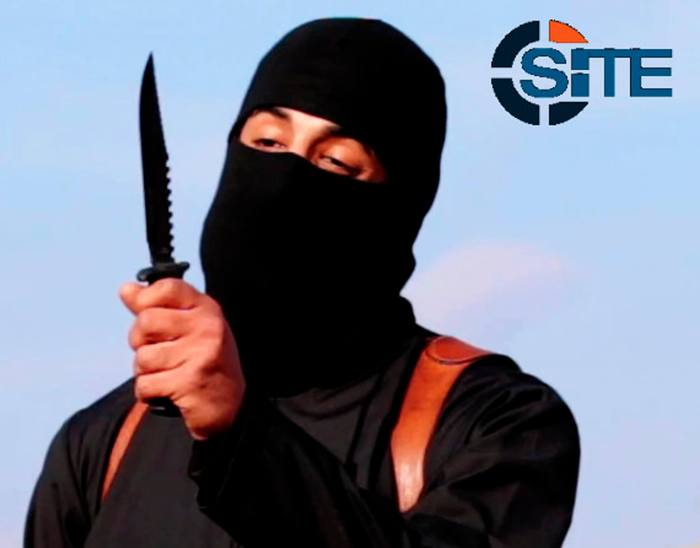It took three years for Mohammed Hameed to go through the immigration process to get to America from Iraq despite his dangerous service as a translator for the U.S. Army. He and his family landed at Newark International Airport just three weeks before President Donald Trump signed an executive order banning travel from his country and six other Muslim-majority nations. “We escaped that fate. The whole thing, arrival and getting in was so easy,” he told Metro.
When he landed, the resettlement agency Church World Service was waiting at the gate to welcome them. “They received us with open arms,” he said, grateful for the abundant care CWS showed in providing for their needs — finding them a safe home in Bayonne, New Jersey, enrolling his children, Abdullah, 10 and Sarah, 7, in school, and helping him find employment. “I was trying to find a refuge, a safe haven for my family,” Hameed, 38 said. “The nature of the American people. They are so friendly, unlike other people in the world. So kind.”
CWS resettled 9,679individuals from 41 countrieslast year;its dozens of other programs assist in crises from safe water access to the unaccompanied children crisis. Since it was founded in 1946, it has resettled 850,000 people. Although the travel ban remains suspended by an appellate court decision, Trump promises to pursue his campaign promise to prevent people from Muslim countries from entering the country with a revised executive order. Hameed’s story is a powerful example of the people affected by the ban. He was invited to speak at a conference with Sen. Chuck Schumer to share the details of his journey.
Danger had persisted for Hameed and his loved ones in Baghdad even after the Iraq war ended in 2011. Hameed had helped Americans as a translator for ten years, and because of that he was a target for terrorist groups looking for “American spies,” he said. His house was once invaded by terrorists, with the help of Iraqi police; Hameed was not home but on a U.S. Army base for a month-long training. But his lookalike brother was kidnapped in the raid. He was held for three days, beaten, tortured and thrown on the side of the road where by chance his family found him. Several of Hameed’s friends and fellow interpreters were killed. “I would be dead now,” if it were not for a special American program that aided interpreters to emigrate.
When Hameed wed his wife Israa in May, 2006, it was at the height of Iraq war violence and everyone was telling him, “this is the wrong time, don’t do it,” he said. “You could not drive or walk anywhere without the threat of being killed or kidnapped.” But his love for his bride-to-be, whom he met by his mother’s arrangement, prevailed, and he found refuge from the war in the affection of his family, he said.
“It is when you live in harsh conditions and hardships, you get a glimpse of hope for the future,” he said. Getting here, finally, has been a tremendous relief, and illuminated a better future for his loved ones, he said. Yet his pain didn’t disappear the moment he landed in America.
“It’s not easy to forget what happened in the past. The fear of risks — you are trying to find relief from that distress, but you still have a lot of things on your mind.”
What he has is a kind of medicine to help him heal — Love.
“Love is one of the things that is helping me through the distress. Love and family.”
Tuesday isHameed’s first Valentine’s Day, a day “for lovers”he’d heard about but never observed.His plan is toembrace his family and celebrate a being place where danger cannot tear loved ones apart. To learn more, get involved, and chip in for life-saving refugee resettlement work go to GreaterAs1.org.






